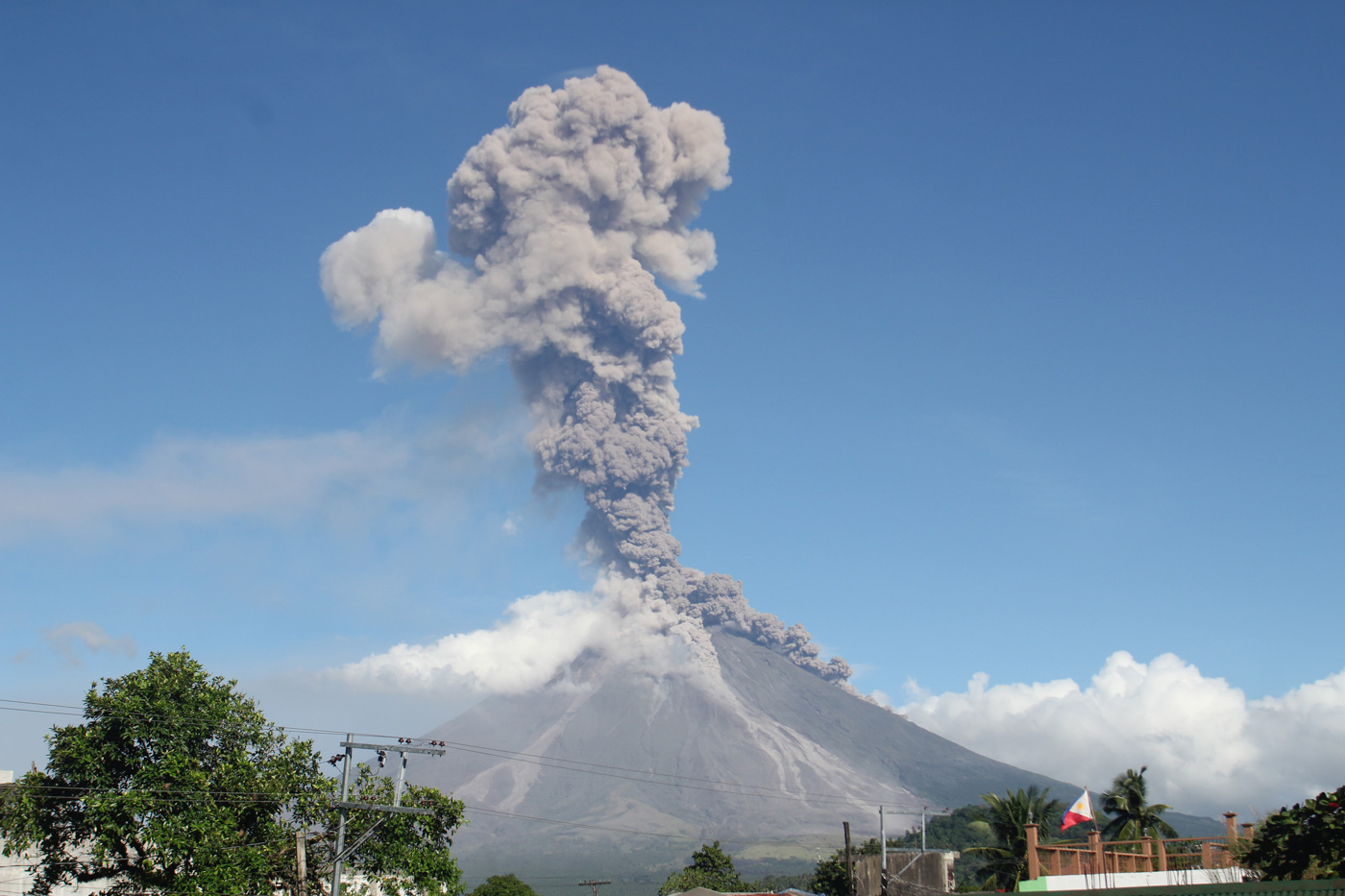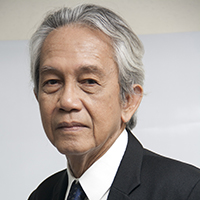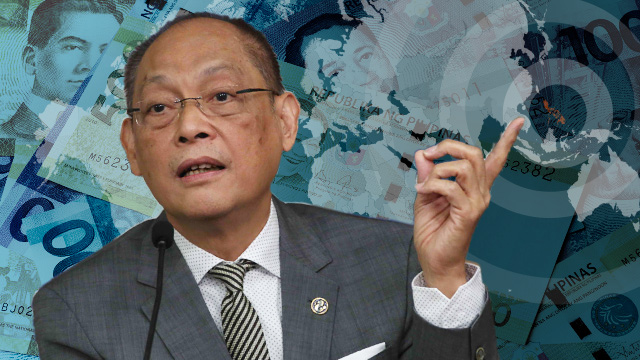![]()
The new year greeted the Philippine legal community with two controversial Court of Appeals decisions, in the cases of the Indonesian drug arrest and pending execution Mary Jane Veloso, and the murder of Doc Gerry Ortega.
Both these decisions ironically revolve around the important concept of due process, the legal virtue all but happily ignored when it came to the casualties of the present drug war. Yet the controversy we tackle now showcases the other unjust extreme: a myopic view that, just as happily, favors technicality over the substantive ends of the judicial process, lip service convenience over the obligations of professional thoroughness.
In both the drug war deaths and these decisions lie the same inequity: truth shackled in silence. In this article, we tackle the CA's permanent injunction of Veloso's deposition, having overturned the trial court's own decision to proceed with it.
An important note: none of this is meant to prejudge the pending case against the accused, or the merits of Veloso's accusations being the core of her defense in her Indonesian trial. Our obligations under law are always with the rights of all parties concerned, with attention to the vulnerable and needy – but our emphasis is that those rights are best served by the thoroughness of due process afforded to all parties, to arrive at the truth. A process stymied by the transnational nature of Veloso's case, and the CA's decision.
There is an undeniably cruel aspect to the Appellate's injunction – we do not say this with malice towards the division involved, but such is the necessary consequence of their decision. Veloso (there is no delicate way to put this) has been dangling on the end of death row since Indonesian President Joko Widodo stayed her execution for drug running in April 2015.
That stay is dependent on the outcome of the human trafficking case filed against the alleged perpetrators of her fate: Ma. Kristina Sergio and Julius Calanilao. In that case, Veloso is the primary witness, wherein her intent is to explain how she ended up in Indonesia without knowledge of the drugs discovered in her luggage.
And there lies the rub.
To briefly recap, what the CA denied is the motion to depose her in Indonesia. In every trial, witnesses are bound to testify in open court. Yet there are instances where a witness is unable to testify when he or she is called to do so, by reasons of death, distance, sickness, cannot be subpoenaed, or under similar exceptional circumstances.
This is where depositions come in, a mode of discovery by which the testimony of a witness may be taken “upon oral examination or written interrogatories” (Rule 23 Sec. 1, Rules of Court), written down, and presented to the court in substitution. The deposition, in effect, “becomes the witness”, to quote a writing on the subject. Veloso's camp pushed for deposition as, by reason of her arrest and conviction in Indonesia, she obviously cannot stand in or be subpoenaed into local jurisdiction for her complaint against Sergio and Calanilao. The trial Judge Anarica Castillo-Reyes granted the motion, and even volunteered to fly to Indonesia to observe Veloso's deposition. And it was this which the CA blocked.
Cruel the CA's decision may be, its legal foundation however is a sacrosanct due process right of every person charged of a crime: the right to confront his accusers and witnesses, and cross-examine them. Moreover, Philippine case law emphasizes the importance of live testimony by a testifying witness, so that the trial judge can observe their deportment and conduct during direct and cross-examination in order to establish his credibility (in fact, this is the motive behind Judge Castillo-Reyes' proposal to travel to Indonesia).
In the injunction, emphasis was made on the Supreme Court's ruling in Manguerra v. Risos which ruled out using depositions in criminal trials. What was allowable was Rule 119, conditional examination, requiring that the examination be done “before the court where the case is pending.” Yet Indonesia not being Philippine jurisdiction (especifically Regional Trial Court Branch 88), any examination done in Indonesia will likely not satisfy Rule 119, either. Ipso facto: there was no way under the rules for Veloso's testimony to be admitted. And since her testimony as the offended private party is the evidence-in-chief of the prosecution…Nothing stops a case faster than a complainant unable to raise a complaint (again, sadly familiar in Philippine history).
We obviously carry no opposition to protecting the confrontation right: it is a pillar of the accused's Constitutional due process rights. This is carried over from the American legal tradition, which has held that a person shall not be convicted by reason of ex parte testimony: statements made by his accusers to which he had no opportunity to respond, rebut, or refute directly.
One of the virtues of the adversarial process is that, when done properly, one will most likely weed out the cow manure in either parties' case, in order to arrive as close as possible to the truth. Which is why Rule 119 makes sense, as emphasized by Manguerra: “this requirement ensures that the judge would be able to observe the witness deportment to enable him to properly assess his credibility.”
Yet Veloso's case reveals a glaring inadequacy in Manguerra, showing how it – and Philippine legal procedure – is horribly ill-equipped for 21st century transnational issues like human trafficking and modern slavery, the drug trade, terrorism, regional environmental degradation, money laundering, and the legal needs of the Filipino diaspora, all of which cross state borders.
Upon her testimony lies the potential to discover the truth behind the drugs found in her luggage, and thus the merits of her Indonesian conviction. It is a merit that Indonesian courts obviously cannot pass completely upon, depending on action in the Philippines to resolve the questions she raised. Yet that same border is also the reason why Philippine courts cannot answer those questions either, if her testimony cannot be heard per our Rules.
How terribly inconvenient. So many of our fellow Filipinos find themselves in similar straits. Filipino law students should be familiar with Saudia v. Court of Appeals, where a Filipina flight attendant working for Saudia Airlines accused fellow cabin crew members of attempted rape in Jakarta. She instead was charged with adultery before Saudi courts (later dismissed as a wrongful suit by royal intervention) and fired as a consequence.
The Supreme Court found her subsequent suit for compensation against Saudia in Philippine courts proper, given the circumstances. Not every Filipino who finds himself or herself in dire straits abroad finds the same happy ending, however, especially when the death penalty becomes involved, or the poverty that drove him or her to greener pastures is exploited here and abroad to enslave – and keep from rescue and redress from home.
And on Philippine courts lie the hopes of these Filipinos to reveal the truth behind their fate – except for that terrible inconvenience of borders. Indeed, the confrontation right must be upheld (the past couple of years should bear out its wisdom!). But the effect is to deny the due process right of the aggrieved party to seek legal redress, through no fault or malice of said party, only because of that terrible convenience.
Due process cuts both ways, says Dimatulac v. Villon: “Indeed, for justice to prevail, the scales must balance; justice is not to be dispensed for the accused alone. The interests of society and the offended parties which have been wronged must be equally considered.” One's due process cannot be advanced at the expense of another, except in the case of genuine doubt as to application of law or finding of fact (and certainly not due to technicalities alone). And as with the drug war deaths, and so many other cases, ignoring anyone's due process is injustice, period. Even if the CA technically had legal basis to do so. Even if it was not the intent of Manguerra to do so.
Yet in looking at this inadequacy, we can point to ways by which the Supreme Court can allow Veloso to testify while respecting the confrontation right. Such requires the High Court's intervention, either to overturn/provide an exception to Manguerra, or to provide new legal procedure to address the gap.
It pays to look back at the evolution of American legal process to the present day, to see parallels which can inform our own dilemmas. The present controlling doctrine there is Crawford v. Washington, penned by the late Justice Antonin Scalia, noted (even notorious) for hewing quite closely to the historical foundations of the US Constitution and legal concepts.
Prior to Crawford, out of court testimony could still be used in trial, despite the lack of cross-examination, under one of the exceptions to the hearsay doctrine, or if it bears an adequate “indicia of reliability”, under the Ohio v. Roberts case. With Crawford, accusatory testimony now required cross-examination, otherwise it ought to be excluded as hearsay and/or for violating the accused's confrontation right.
Yet even Crawford admits a long-standing exception to the confrontation right: “forfeiture by wrongdoing.” Per the US Federal Rules of Evidence 804(b)(6) which codified it, “[a] statement offered against a party that has engaged or acquiesced in wrongdoing that was intended to, and did, procure the unavailability of the declarant as a witness” can be admitted as an exception to the hearsay rule.
The later case of Giles v. California, Scalia once again divined case history to opine that an accused strictly should more or less have had the deliberate design of preventing the testimony against him for the exception to apply. Justice Stephen Breyer strongly dissented with such an approach, noting that the Scalian ratio decidendi of strictness was “built on what is at most common-law silence on the subject.”
Obviously here is not America; their cases do not bind Philippine cases, but they are traditionally held to be very persuasive given our legal antecedents. And neither is it our purpose here to hash through the debates surrounding Giles. But looking at Crawford and Giles is useful because forfeiture by wrongdoing is not a recognized hearsay exception under our Rules of Court, whose strict adherence Manguerra mandated.
Neither does Manguerra allow for forfeiture, either – though it was not really at issue in that case (to paraphrase Breyer, it is silent on the subject). Yet even Veloso's case would have confounded the Giles court. Veloso's accusation is the very reason why she is prevented from appearing in a Philippine court. But the question required by the Giles ruling is, did Sergio and Calanilao act with a specific design to prevent Veloso from testifying against them by deploying her to Indonesia and thus to her arrest? (As this cuts into the heart of the case against the accused, resolving it might have the effect of prejudging the case just to resolve the admissability of Veloso's testimony!)
On the less Scalia-strict approach implied by Breyer, if evidence would show even just Sergio's and Calanilao's principal involvement in Veloso's deployment to Indonesia (regardless of whether it would constitute human trafficking, so as not to prejudge the case), but knowing it would put her beyond Philippine jurisdiction, would it count as forfeiture of the confrontation right by wrongdoing?
To be fair, neither of us are suggesting adopting the whole forfeiture hog into the Philippine Rules of Court, the danger of conviction by way of denying due process rights to the accused being all too real in this country's past. That much is and should be entitled to Sergio and Calanilao. Yet as we had earlier noted, jurisdictional borders have a way of wrecking the legal process in crimes of a transnational nature. And the Philippines sits in the perfect storm for it, given the Filipino diaspora, illegal recruitment, weaknesses of local institutions, and the never-ending search for labor to abuse.
We make no light statement saying “abuse”. We recently read that, as a result of Filipinos and Indonesians in Hong Kong increasingly pushing for their labor rights, some unscrupulous employers there have begun mining alternative labor pools.
Our OFWs deserve more success stories of faithful employers for faithful service, of bonds professional and personal forged between Filipino labor and foreign employment, between their countries and ours. They certainly do not deserve the borders they cross, and the technicalities surrounding them, getting in the way of legal redress and the search for truth, whether in their adopted residence or their own homeland.
And that is the essential end of due process, a theme we will revisit in the succeeding article on the Ortega case, another controversial CA decision: truth-telling. This is why Dimatulac says the scales must balance. For in the quasi-adversarial proceeding among accuser, accused, and judge that forms the sacrosanct trinity of Philippine criminal procedure, lies the hope for truth (or as damn close as we can get).
The final and just resolution of the questions Veloso raised, in her defense against the death penalty in Indonesia and in accusation against Sergio and Calanilao, depends on the process in “due process” pushing through. And the American doctrine of forfeiture by wrongdoing, even if we do not call for its wholesale adoption, should nonetheless open the door for the Philippine Supreme Court to consider flexible application of the Rules of Court to address the Manguerra gap, the insufficiency of Scalian strictness, and ultimately the inadequacy of the Rules in a transnational legal world and a global Philippines, and somehow allow Veloso's testimony to be admitted into consideration. After all, it is enshrined in Philippine case law that rules of procedure are meant to serve the ends of substantive justice, such that a liberal interpretation may be allowed in order to do so.
Here, we may humbly offer a few alternatives, as all the ingredients are already present. Given the exceptional nature of Veloso's predicament, a finding by preponderant evidence (the standard required under American case law) that the accused had a principal hand in her deployment to Indonesia ought to give consideration to applying Rule 23 instead of Rule 119, in light of a modified (and Breyer-centric) application of the forfeiture doctrine, except with the added security of Judge Castillo-Reyes attending the deposition to provide the personal observation of deportment required by Manguerra, as she originally intended.
Alternatively, given that the Filipino diaspora regularly communicates with loved ones back home through Skype, with the assistance of responsible Indonesian authorities and the Philippine consulate, what is to say that the hearings where Veloso is to testify and be cross-examined be conducted through internet communications technology?
Certainly, this could be intended by Rule 10(1) of the Rules on Electronic Evidence, permitting testimony presented by electronic means, as observed by a 2006 American Bar Association assessment of Philippine evidence rules – it went as far as to note that it was “more expansive than practice in the United States.” To a Manguerra-based objection requiring live, in-court testimony or conditional examination, again the forfeiture doctrine can be raised for flexibility or a reconsideration.
Both options will require the cooperation of Indonesian jurisdiction, but this is well within the province of the Supreme Court to request of a fellow foreign High Court, as are the foreign ministries involved. After all, our countries are fellow ASEAN members, and there is interjudiciary cooperation through the ASEAN Chief Justices' Meeting, and legal cooperation through the ASEAN Law Association. And again, given the need for interstate cooperation not just in Veloso's case, but in transnational concerns, the Supreme Court could not do worse now, given how it is beset with internal distractions, than to go out and see the world, and work with it, for justice here and abroad.
Let’s bend forward, not backward, to help Mary Jane Veloso. We can do that without violating due process and the rights of the accused.
To reiterate, the Filipino diaspora deserves no less. – Rappler.com
*Christian Laluna is a graduate of the Ateneo School of Law. He is waiting for the results of the bar examinations by collaborating with Professor La Viña in several projects.
![]()

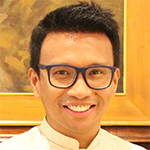
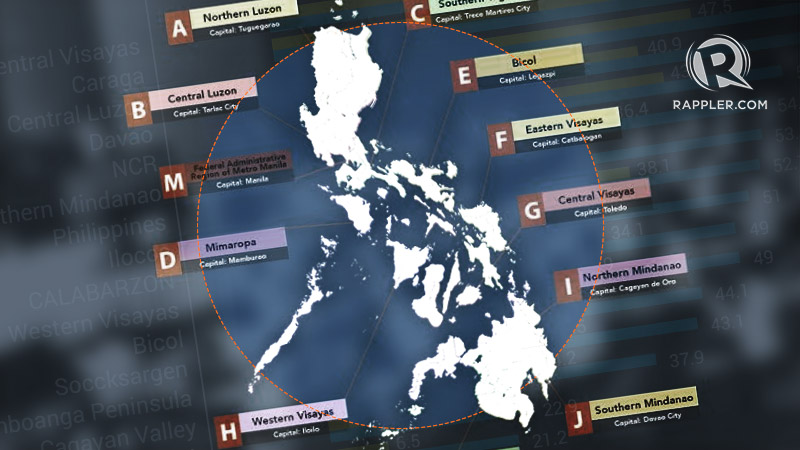
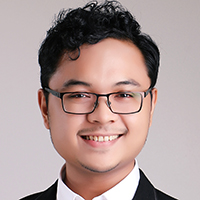
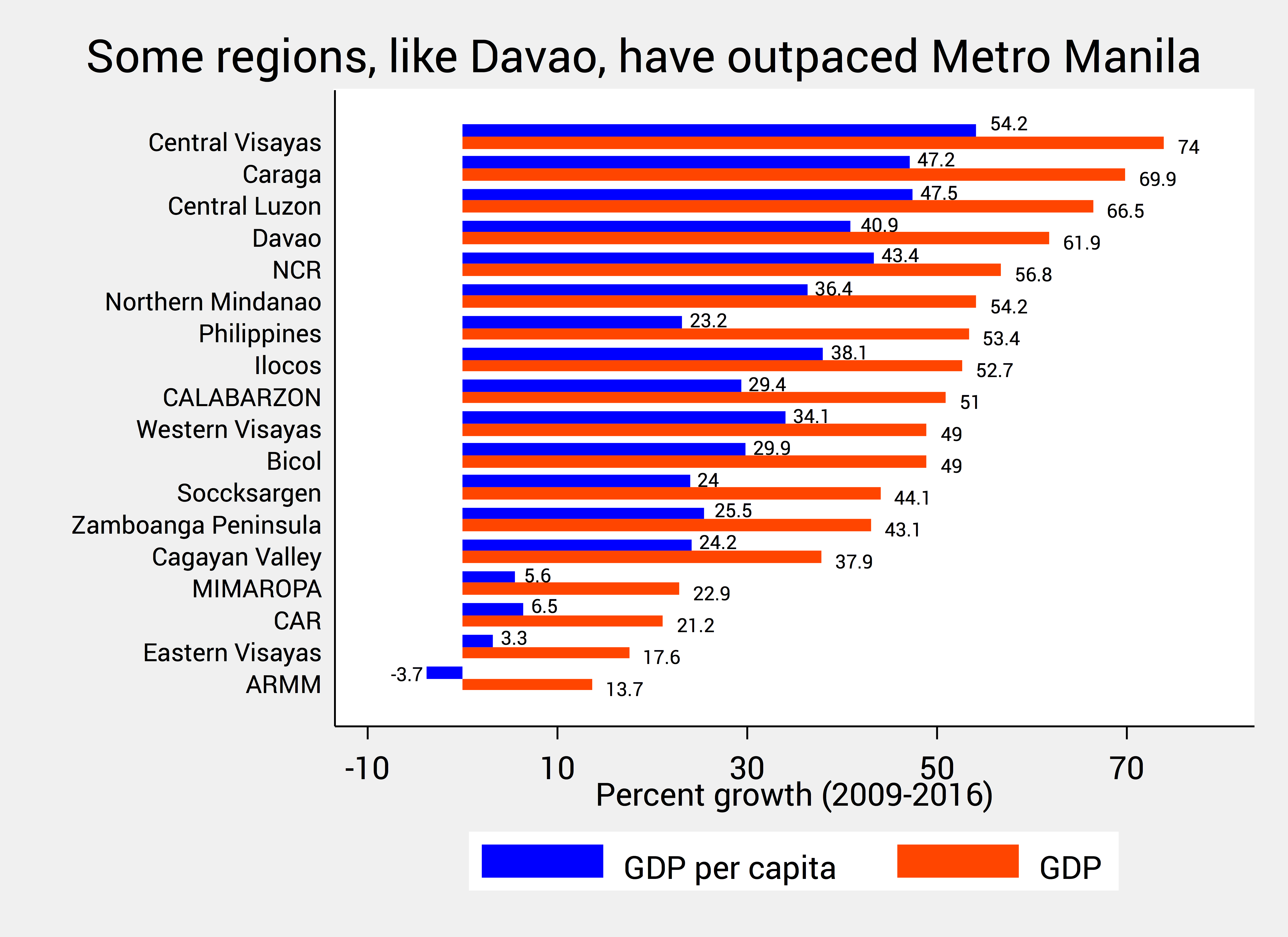
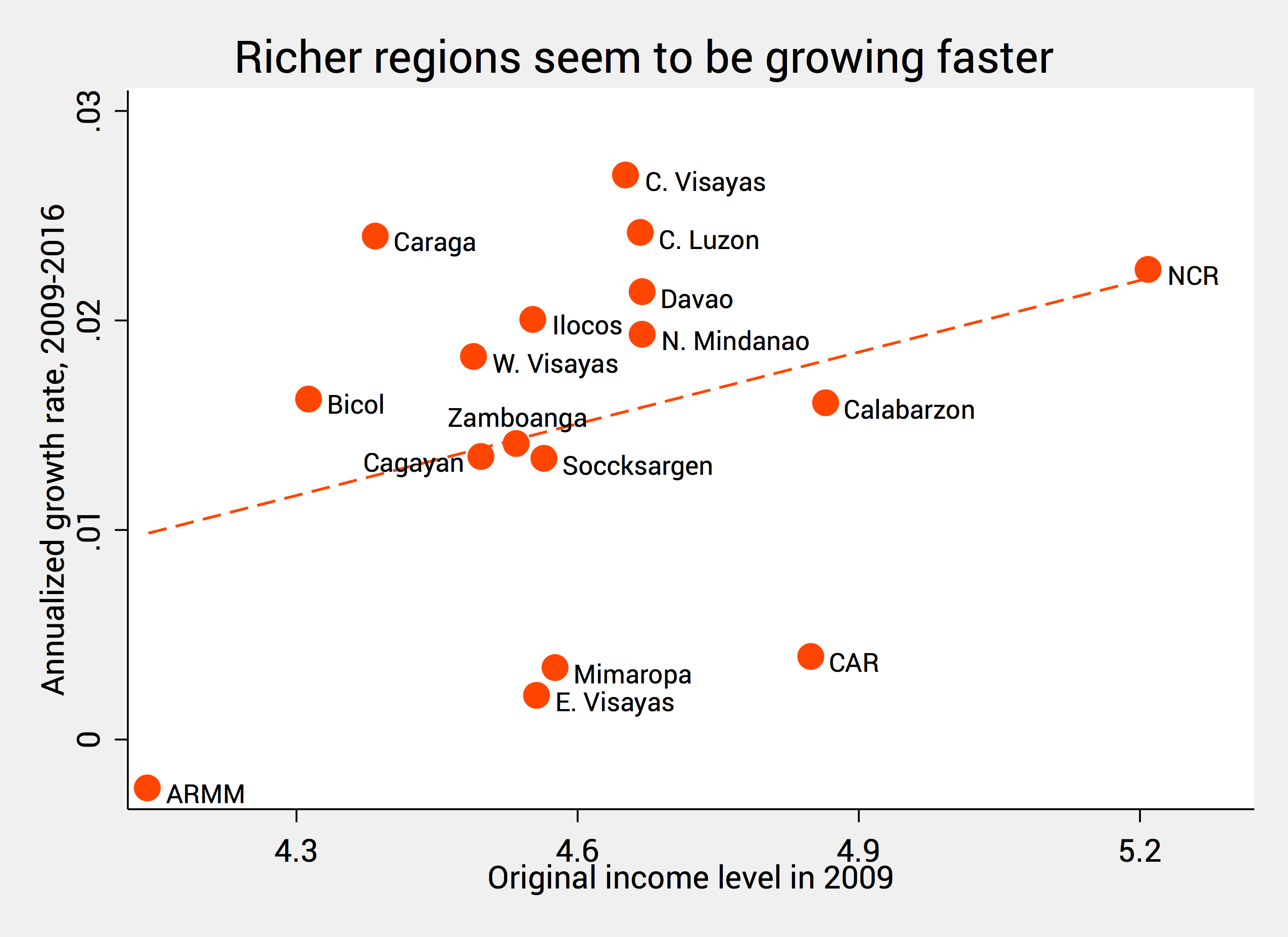

 I am outraged by the huge hollow block thrown against the entire Filipino nation by
I am outraged by the huge hollow block thrown against the entire Filipino nation by 
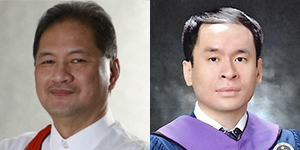


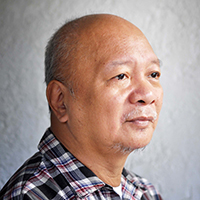



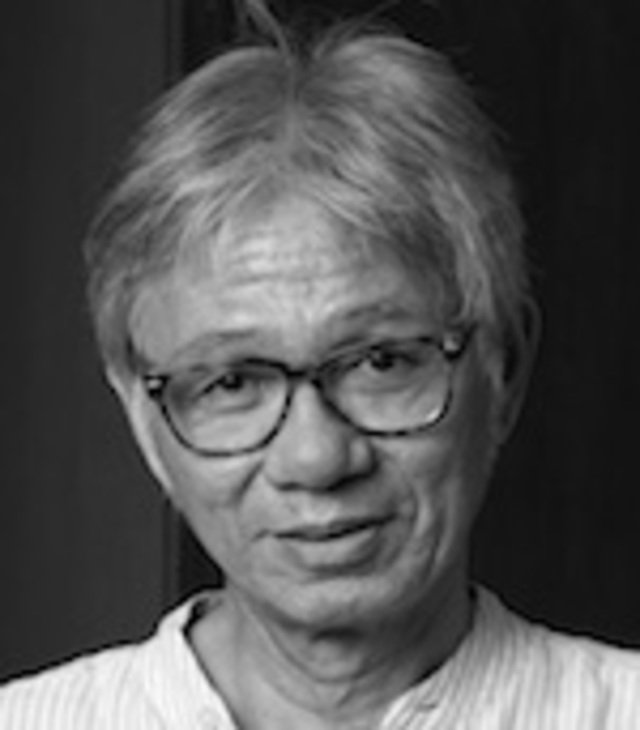
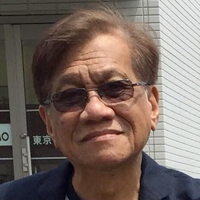 There is a line in the much-praised film The Darkest Hour where Gary Oldman, playing Winston Churchill, says, “Lost causes are the only ones worth fighting for.” Rappler looks like a lost cause. But is it really?
There is a line in the much-praised film The Darkest Hour where Gary Oldman, playing Winston Churchill, says, “Lost causes are the only ones worth fighting for.” Rappler looks like a lost cause. But is it really?

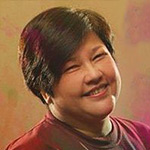


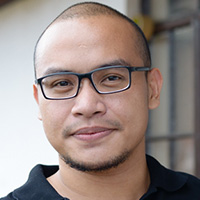 On Monday, January 29, former senator and losing vice presidential candidate Ferdinand "Bongbong" Marcos Jr held a press conference, where he reiterated his accusation of cheating against the Commission on Elections (Comelec), Smartmatic, and Vice President Leni Robredo.
On Monday, January 29, former senator and losing vice presidential candidate Ferdinand "Bongbong" Marcos Jr held a press conference, where he reiterated his accusation of cheating against the Commission on Elections (Comelec), Smartmatic, and Vice President Leni Robredo. 
